(April 24, 2024) “My team and I are in the process of exploring the purchase of a five-acre plot of land, which I plan to convert into an eco-village. Dedicated to my late mother it would help give a peaceful environment to victims of human trafficking and sexual assault,” Dr Kalyani Gopal tells Global Indian. She has already thought of the name of the project as SAFE Village – Unnati Sewa.
It would be a unique residential restorative model to bring back the dignity of victims of human trafficking and sexual assault. With over three decades of experience in addressing issues such as child sexual abuse, human trafficking, and labour trafficking, the Indian-origin psychologist has garnered international recognition and is now giving back to her native land.
Dr Kalyani Gopal is the first woman of colour and Asian American to earn the presidency of the Illinois Psychological Association which oversees the State of Illinois’ psychologists. She is also the first Asian American President of Division 12 of the APA, Society for Clinical Psychology, and has recently finished her term on the Committee of State Leaders, APA.

Dr Kalyani Gopal
In her service spanning continents, the ace psychologist developed a Clinical Treatment Manual for Mongolian psychologists and clinicians, treated grieving Myanmar families during war, and created a tool for identifying potential victims of trafficking in Ukraine, and other regions.
In 2014, Dr Gopal established an initiative called, SAFECHR – SAFE Coalition for Human Rights through which she has worked for trauma patients and victims in the United States, Europe, and India.
Finding the purpose
After completing her postgraduate studies at Delhi University and the National Institute of Mental Health and Neurosciences, Bangalore Dr Kalyani Gopal moved to the US for her doctorate. She aspired to pursue intellectual and cognitive neuropsychology. However, fate had some other plans in store. Dr Gopal encountered a case of sexual abuse involving a seven-year-old girl with whom she had grown acquainted. This experience brought the issue of child sexual abuse into sharp focus for her, redirecting her career trajectory.
Training professionals worldwide
In her three-decade career, the clinical psychologist has provided training to a diverse range of professionals, including foster parents, adoptive parents, administrators, judges in the US and the DRCongo Supreme Court, law enforcement agencies such as the FBI and police officers, attorneys, case managers, first responders, advocates, nonprofits, and ministries. She also trained government representatives of Albania, Uganda, and India.
“I have educated human trafficking experts and clergy on psychological trauma and issues concerning infants, children, adolescents, and adults,” tells the Indian-origin psychologist who is also associated as a consultant psychologist with SuDatta, an adoption agency in India that trains adoptive parents on helping their children come out of traumas.

Dr Kalyani Gopal at one of Illinois Psychological Association’s Legislative Committee meeeting
In fact, she introduced the term ‘Displacement Trauma’ to describe the intricate psychological effects that are the result of ‘frequent disruptions of bonds experienced by foster care youth and children separated from their parents’.
Awards and recognitions
In recognition of her extensive work, she was awarded the Indiana Lake County Award for Excellence in 2004 and the Indiana Attorney General’s Voices for Victims Award in 2015. She received the Congressman Danny T. Davis MEATF Medal in 2019 as the Top 20 Global Women of Excellence. In 2023, Dr Gopal earned the APA Presidential Citation Award for Human Rights.
Starting young
The psychologist discovered her calling when she was quite young – starting her journey at the age of 18 while engaging with human trafficking victims for a college research project.
At that time, she was pursuing her bachelor’s degree in India. One of her research works exposed her to the grim reality of young girls her age becoming victims of human trafficking. This revelation weighed heavily on her, even though she did not realise the severity of the problem completely, given her young age.
Later as a PhD scholar coming across a sexually abused little girl changed her career trajectory completely. She found herself drawn into the field of child sexual abuse.
“I was inspired by the trust placed in me by many other girls whom I met after that. They were victims too.” It was then that her professors in the US encouraged her to pursue the path of working with sexually abused children. Deeply immersed to uplift their lives as a young professional she had even started accompanying children she worked with when they needed to testify in court. The more she immersed herself in this work, the more intrigued and committed she became.
Strong initiatives
Dedicating many years to victims of sexual abuse and trafficking Dr Gopal came across many harrowing instances of exploitation. In one of the most gruesome cases, she came across a family with four children in Indiana where the parents were trafficking their kids by making them perform indecently on their home-based stage, earning $10 per person from people who came to watch the performance.
“My efforts dragged the parents to court and for the first time in history in Indiana, parents got a life sentence in jail for 56 years,” she shares. That was her first independent case.
That proved to be the beginning of her image as a messiah of children who were being exploited. She started getting cases of child sexual abuse from across the United States. “A lot of the perpetrators were in powerful positions, even relatives of judges and politicians.” But Dr Gopal stood strong to fight for justice for young victims.
Author of bestsellers
She went on to write bestsellers – ‘The Supportive Foster Parent’, and ‘Foster Parenting Step-by-Step: How to Nurture the Traumatized Child’ and co-edited, ‘Handbook of Sex Trafficking: Feminist Transnational Perspectives’. Dr. Gopal has published several workbooks on the Child Sexual Abuse Series, including the grief and loss workbook ‘In My Heart’.
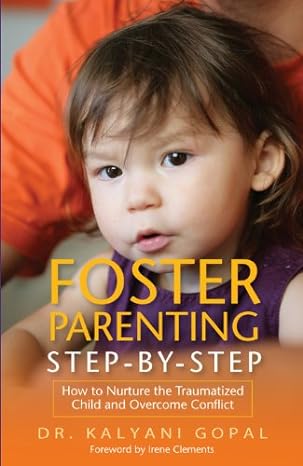
One of Dr Kalyani Gopal’s books
Associations with the United Nations
The psychologist with a knack for writing went on to write a chapter titled ‘Reducing Human Trafficking by 2030 and Beyond’ for the United Nations book, ‘Behavioural Science in the Global Arena: Addressing Timely Issues at the United Nations and Beyond’.
She has also co-chaired the United Nations Psychology Day highlighting the role of psychology in addressing concerns of global importance.
Other Illustrious associations
Until recently Dr Gopal served on the APA Commission on Accreditation. She is on the boards of Indiana’s Lake County Child Protection Team and Lake County Child Fatality Team, served as the Chair for the Illinois Psychological Association’s Working Committee on Hate and Harassment, specialises in gender-based violence, and served as Chair of the IPA Women’s Section. She has been serving on the Board of Directors of the Society of Clinical Psychology, American Psychological Association, and as Div. 12 Advocacy Chair.
“As the President of Mid-America Psychological and Counseling Services, I oversaw the management of mental health clinics in Indiana and Illinois,” she shares.
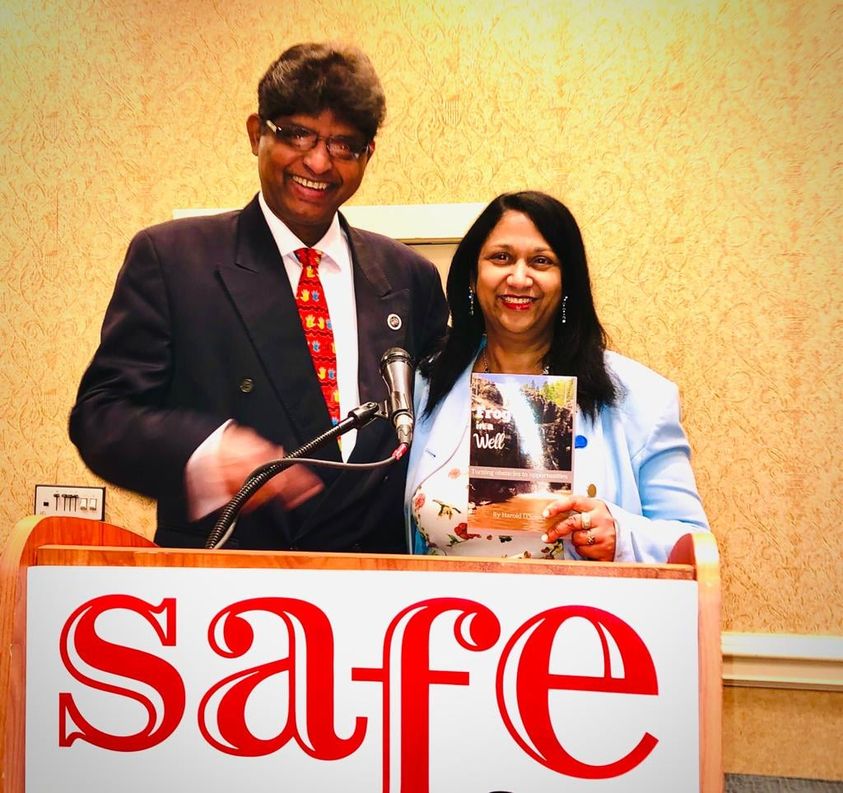
Dr Kalyani Gopal with Eyes Open International founder, Harold D’Souza
Also Read | Fight against Modern Slavery: How Harold D’Souza brought the derailed American Dream on track
Uniting nations through SAFECHR
Dr. Gopal’s nonprofit organisation, Safe Coalition for Human Rights (SAFECHR) was formed in 2014 in response to the realisation that the voices of victims in foster care needed to be heard.
The non-profit has been hosting annual events since 2014 raising the number of participant countries from 10 nations in 2014 to 73 nations in one of its latest conferences.
“SAFE Conferences bring together organisations from around the globe working ceaselessly to form collaborative national and international coalitions from rescue to the rehabilitation of victims of human trafficking and violations of human rights,” she informs.
SAFE iACT Program – first to get global accreditation
The ace psychologist has created an evidence-based, international credentialing program to certify advocates, clinicians, attorneys, and law enforcement as trainers in human trafficking which she has named as the SAFE iACT Program. Ever since its inception, she has facilitated the training of over 20,000 people from more than 10 countries. It has become the first programme to get accredited globally.
In December 2020, she developed and implemented a program, THRIVE for adults from ACEs populations (childhood vulnerabilities) to provide wrap-around therapeutic services in transitional supportive housing. Victims get discharged after getting stable employment.
During COVID-19, Dr Gopal also launched an e-learning school-based program called SAFE Schools for the prevention of high-risk behaviors among youth by improving resiliency and teaching socioemotional skills.
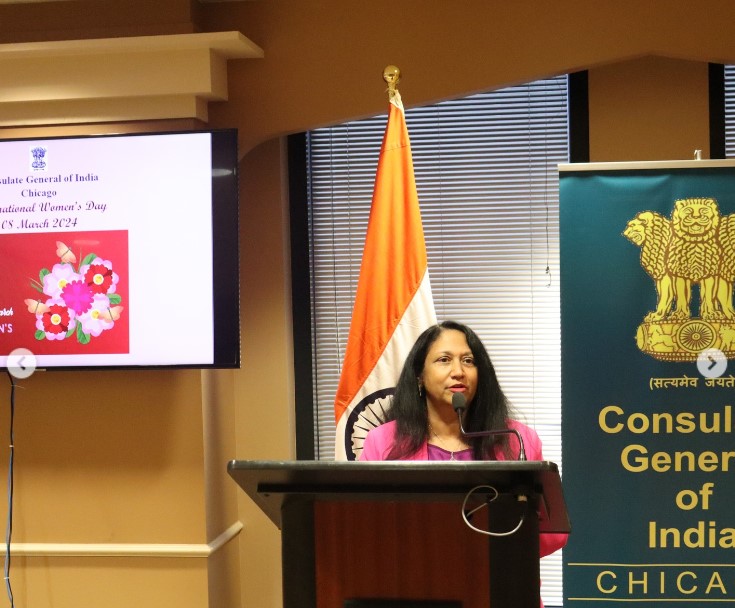
Dr Kalyani Gopal at a Consulate General nof India, Chicago event
More psychologists required for victims of abuse
Highlighting the field of child sexual abuse, and human and labour trafficking that she is working in Dr Gopal points out that there are not enough psychologists who work in the area looking at it as a social work issue.
“Traffickers treat the victims so poorly that they lose their identity and develop fragmented personalities.” To address their problem effectively Dr Kalyani Gopal has even modified existing treatments which have proven to be effective.
She believes that people who are victims of trafficking and other abuses have been manipulated so much that they need psychological help to feel confident and pull themselves out of the situation.



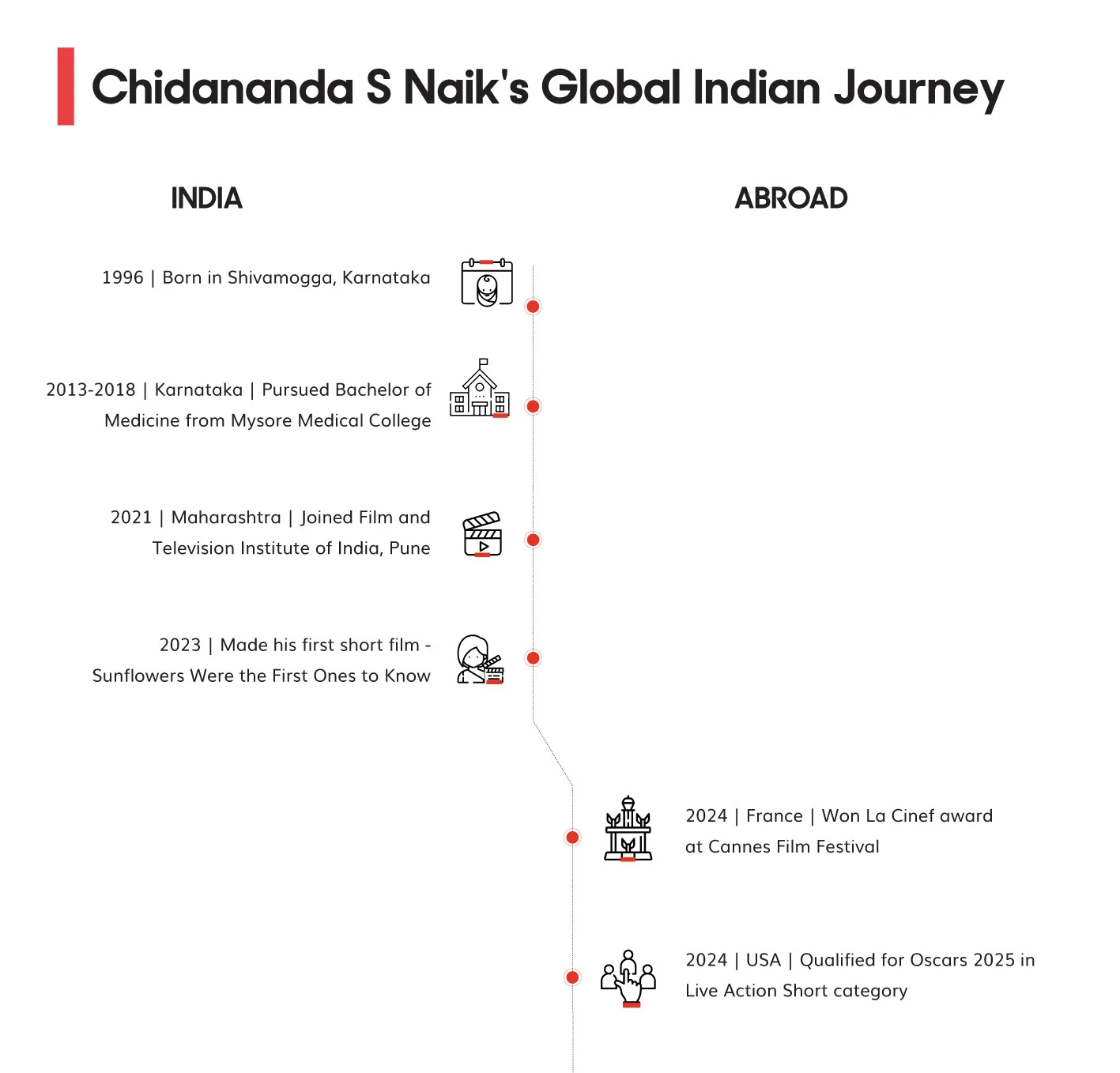
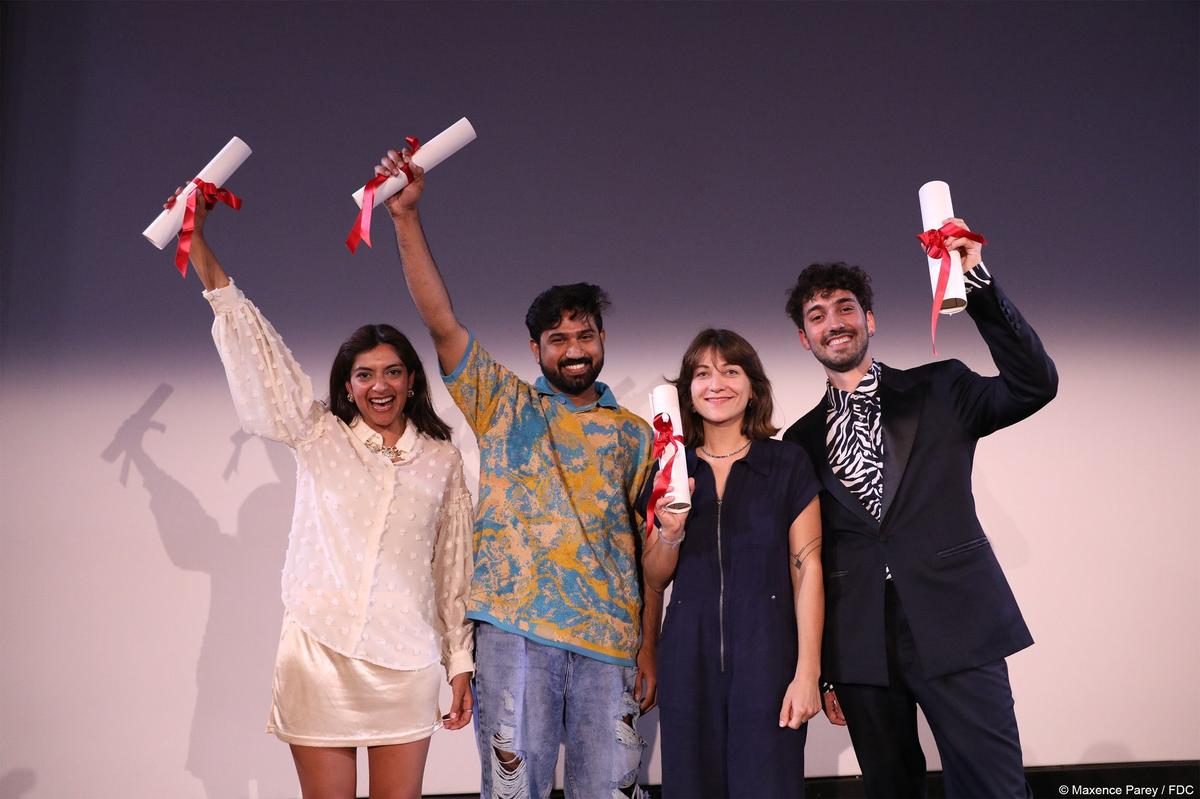 Chidananda Naik at Cannes Film Festival[/caption]
Chidananda Naik at Cannes Film Festival[/caption]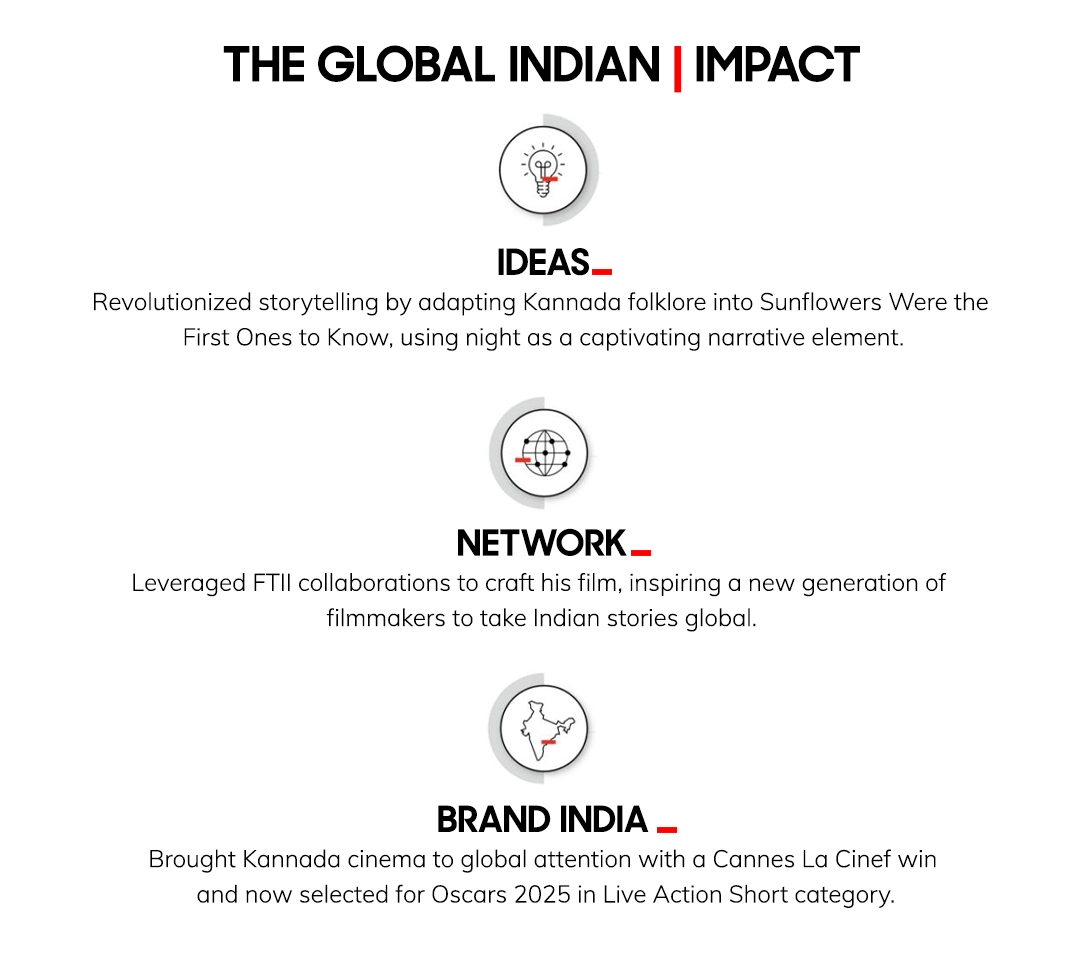

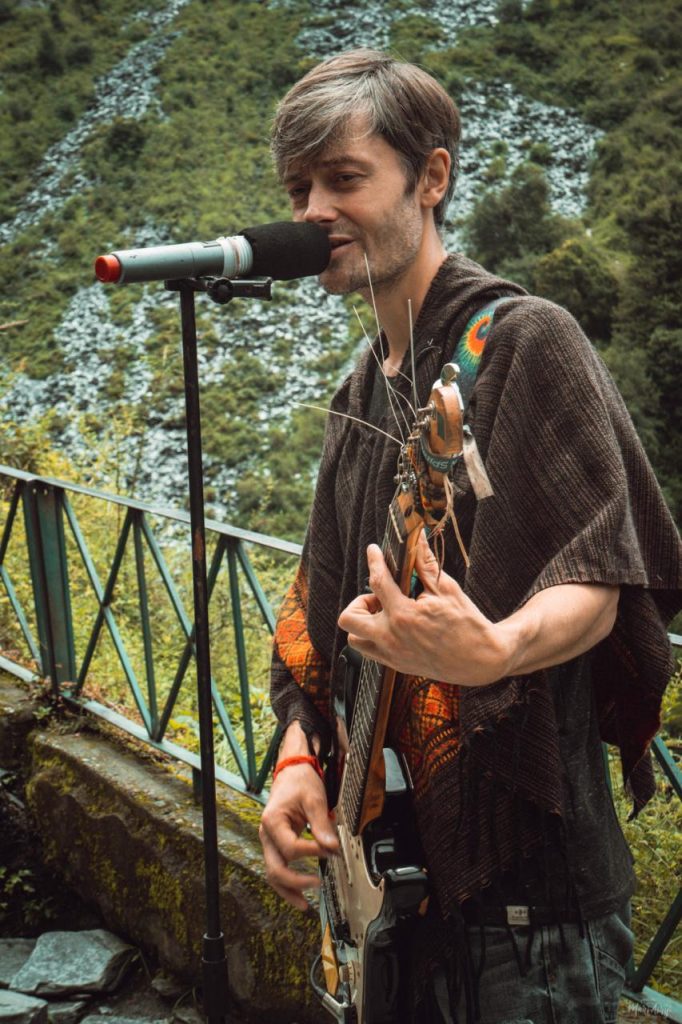
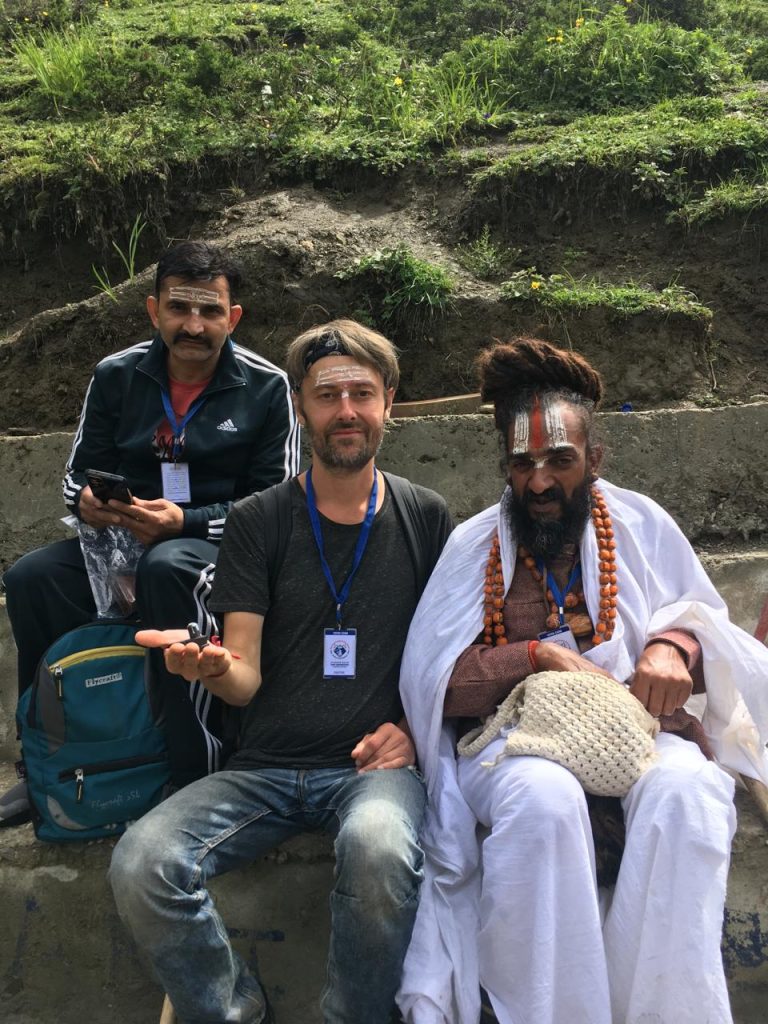
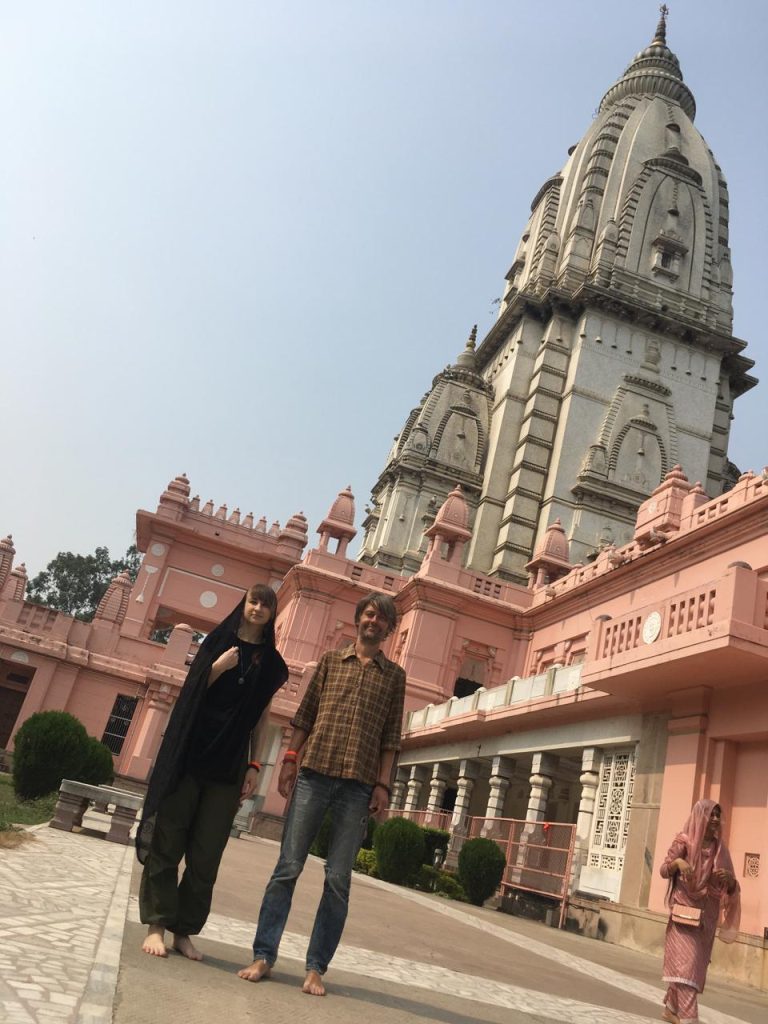


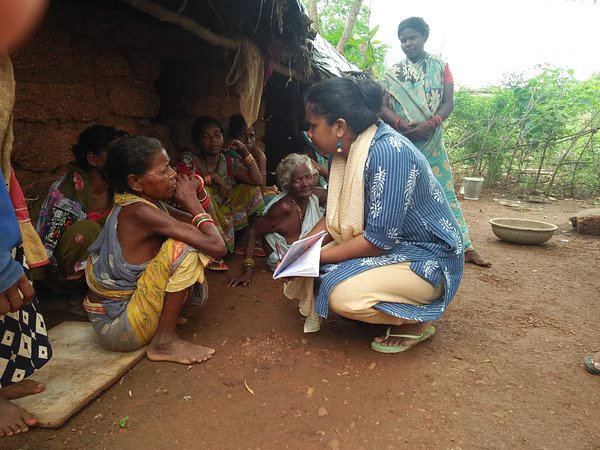 Archana conducting evidence-based research on Forest Rights Act, 2006 at Ambapadia village, Odisha[/caption]
Archana conducting evidence-based research on Forest Rights Act, 2006 at Ambapadia village, Odisha[/caption]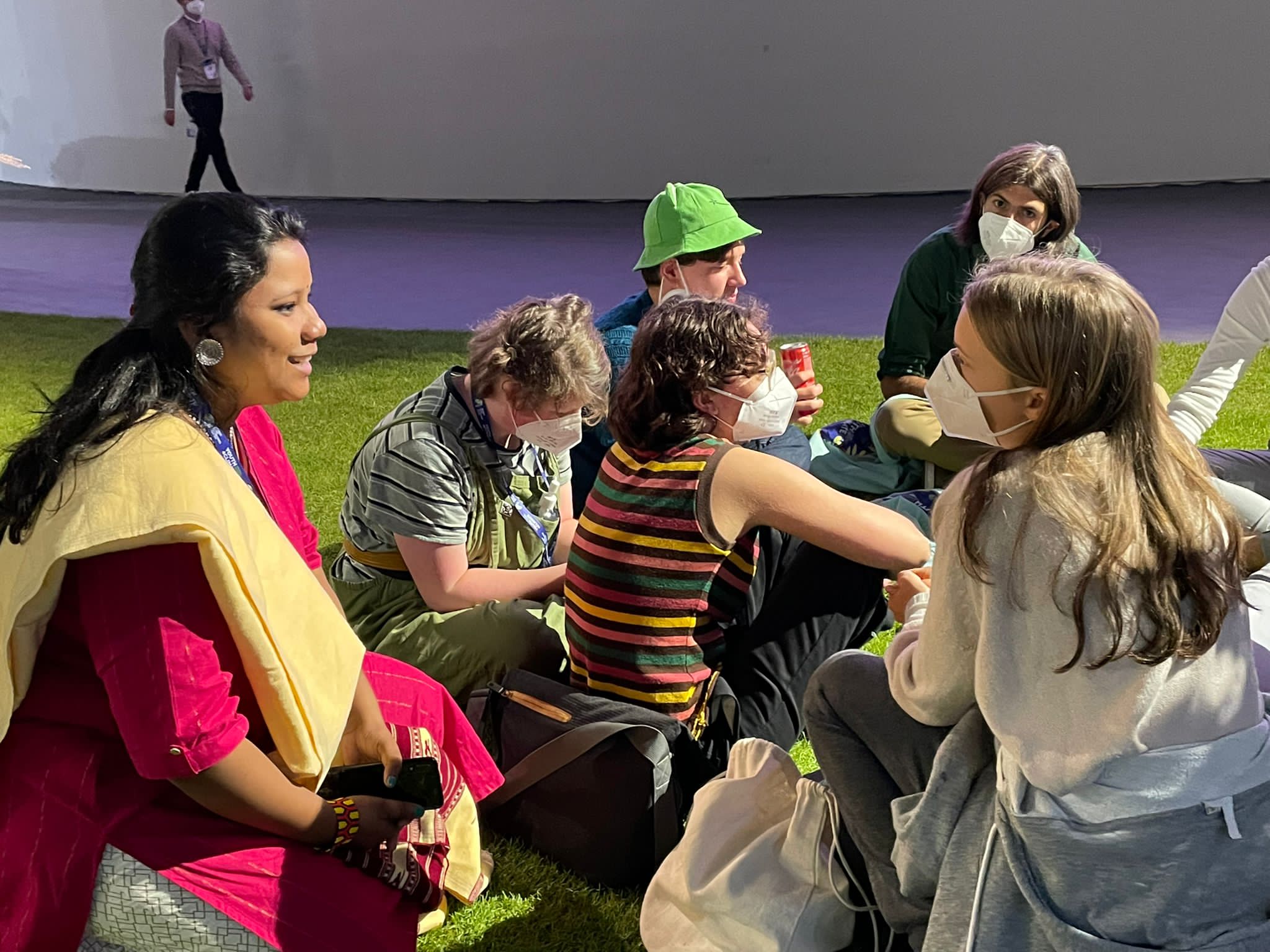 Archana interacting with Greta Thunberg during COP 14 UN Convention[/caption]
Archana interacting with Greta Thunberg during COP 14 UN Convention[/caption]
 Firoz Merchant[/caption]
Firoz Merchant[/caption]
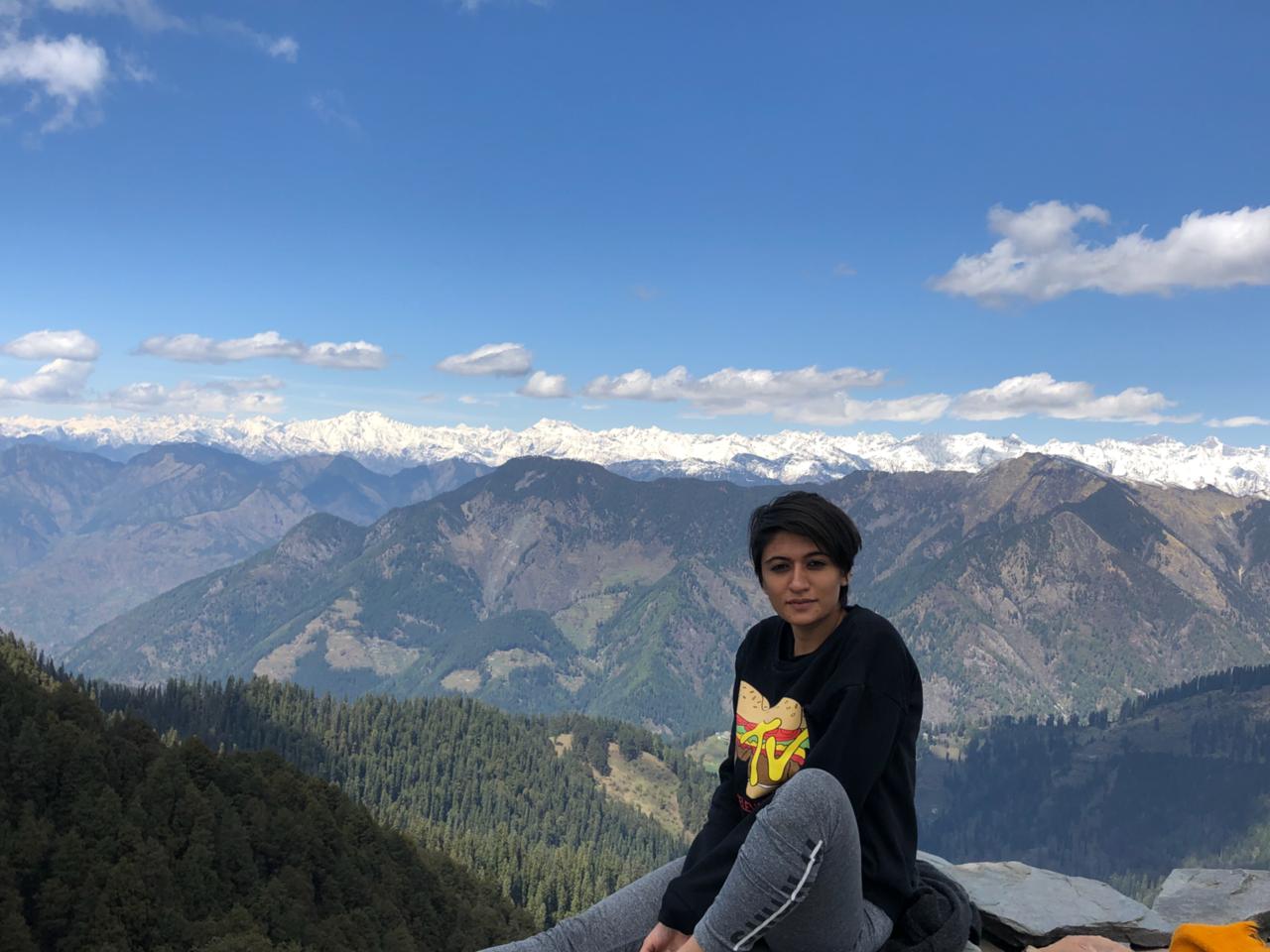
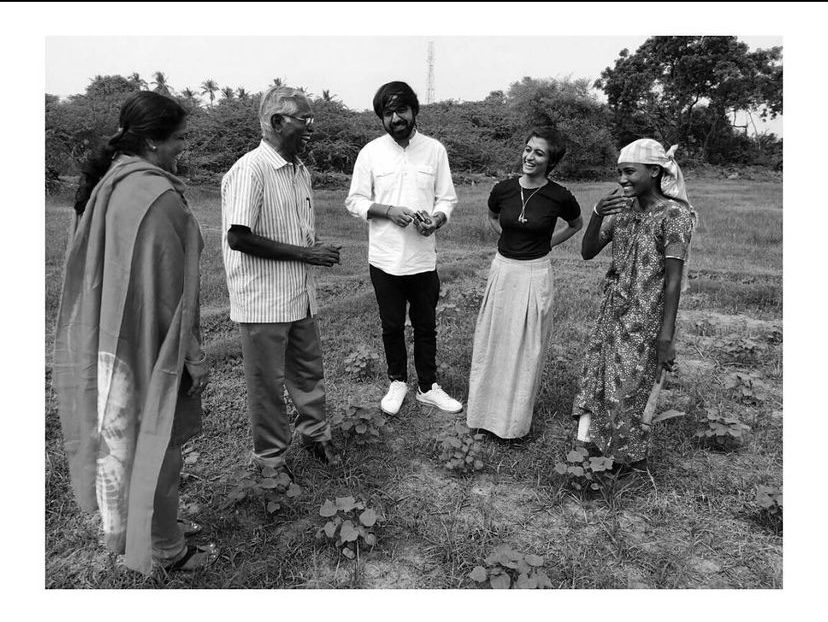 Kriti during a field trip[/caption]
Kriti during a field trip[/caption] Doodlage's collection is simple and yet quite unique[/caption]
Doodlage's collection is simple and yet quite unique[/caption]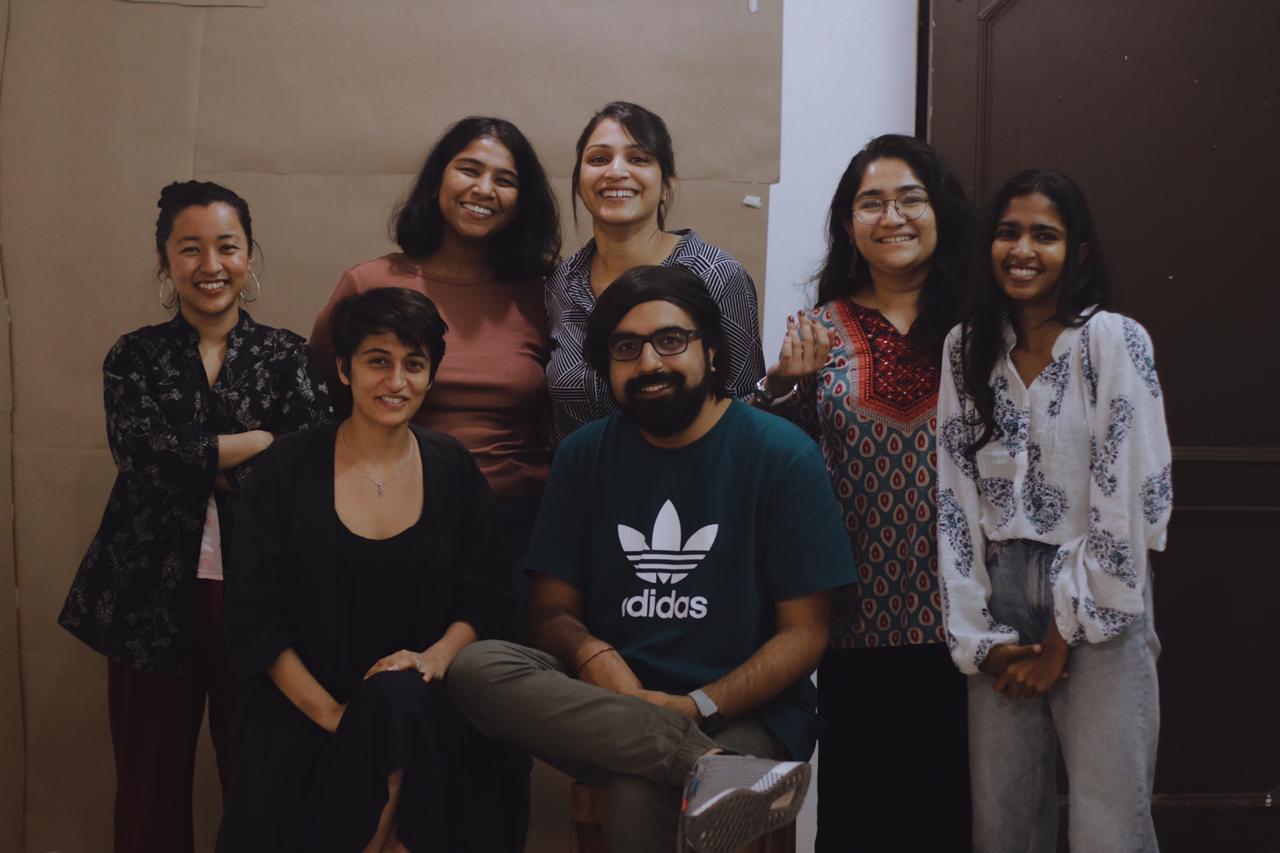 Kriti with her team[/caption]
Kriti with her team[/caption]